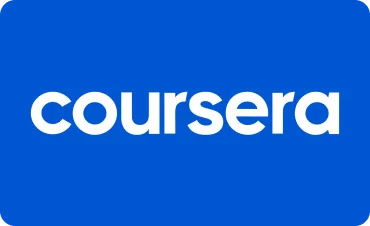When you enroll through our links, we may earn a small commission—at no extra cost to you. This helps keep our platform free and inspires us to add more value.

ART of the MOOC: Public Art and Pedagogy
Master the Skills of Tomorrow with Coursera! From AI and Blockchain to Public Speaking and Psychology, Explore Courses Tailored for Your Success.

This Course Includes
 coursera
coursera 4.7 (125 reviews )
4.7 (125 reviews ) 9 hours
9 hours  english
english Online - Self Paced
Online - Self Paced course
course Duke University
Duke University
About ART of the MOOC: Public Art and Pedagogy
Students of this course may try their hand at their own public art interventions, or simply focus on learning from the theory of public practice and its recent history. Designed by artist and Duke professor, Pedro Lasch, and co-taught by Creative Time artistic director, Nato Thompson, this course presents public culture and art in their radically reinenvented contemporary forms. The lectures link major developments of recent decades to wider topics like spatial politics, everyday social structures, and experimental education. Also included are guest presentations from key thinkers and practitioners, like: Tania Bruguera, Claire Doherty, Tom Finkelpearl, Hans Haacke, Shannon Jackson, Suzanne Lacy, Rick Lowe, and many more. As the ‘ART of the MOOC’ title implies, learners and participants are encouraged to treat the MOOC itself as a public art medium. This happens mostly through the course’s practical components, local project productions, global exchanges, and critical feedback. While no prior art making experience is required, projects also offer challenging options for advanced learners. For other course offerings or language versions in this series, just search 'ART of the MOOC' in the Coursera catalog.
What You Will Learn?
- Introduction to Public Art and Pedagogy Public Art and Spatial Politics: Lectures, Guest Presentations, and Quiz Public Art and Spatial Politics: Projects and Self-Assessments Fictions, Alternative Structures, and Mock-Institutions: Lectures, Guest Presentations, and Quiz Fictions, Alternative Structures, and Mock-Institutions: Projects and Self-Assessments Experimental Pedagogy: Lectures, Guest Presentations, and Quiz Experimental Pedagogy: Projects and Self-Reflection.